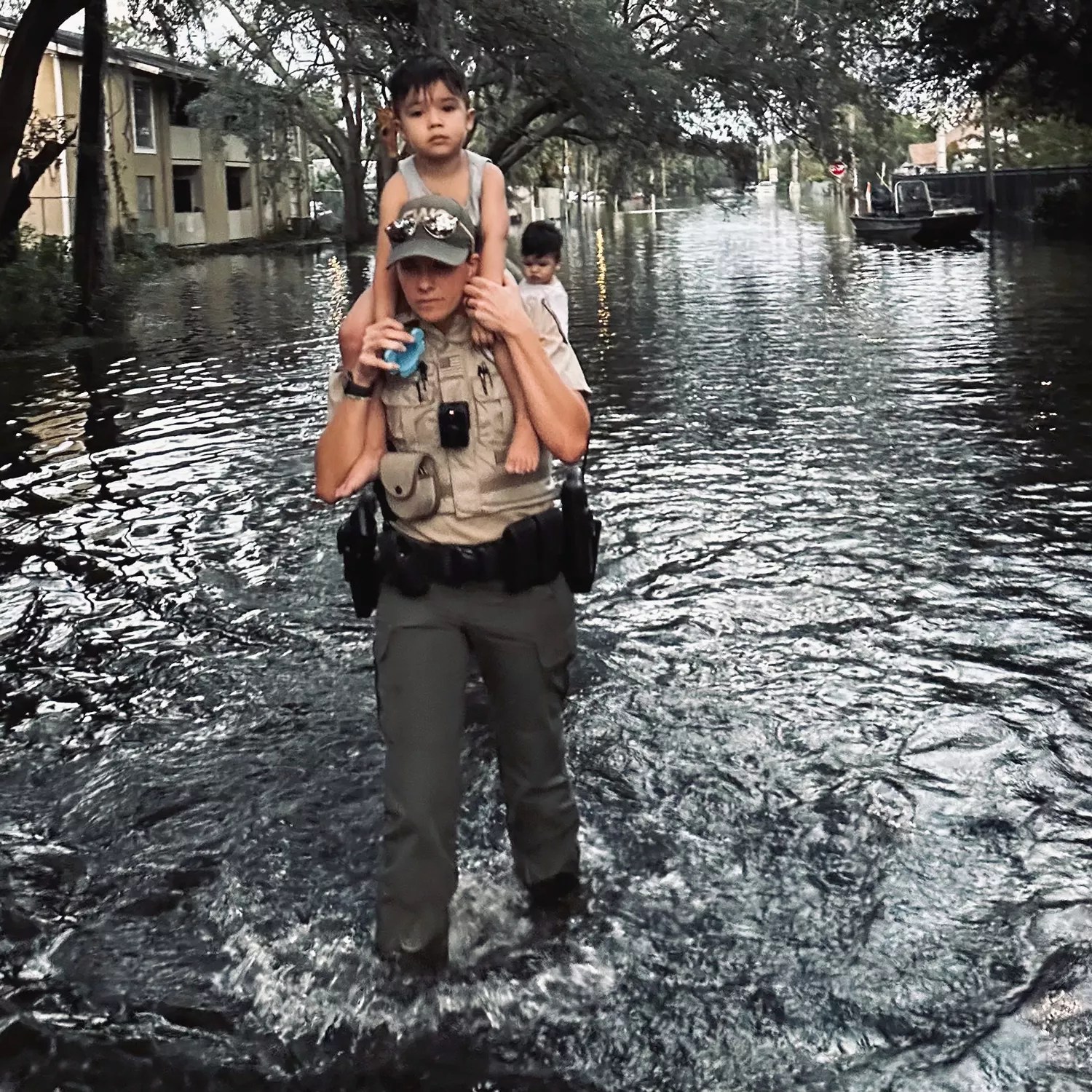

Audio By Carbonatix
As if getting battered by a hurricane isn’t bad enough, scammers are flocking to disaster zones to prey on those left in a storm’s wake, according to a new study by Instant Roofer, a national platform that connects homeowners with roofing contractors.
The Hawaii-based company found scammers targeted more than 350,000 Floridians in 2024 after a natural disaster. The survey focused on about 700,000 people who were displaced by natural disasters, including Hurricane Helene and Hurricane Milton last year.
About 21 percent of respondents reported experiencing “lots” of scam activity, 50 percent encountered “some” scams, and 29 percent dealt with “a little” scamming, according to the report.
“It’s absolutely shocking that it’s so common for scammers to target people when they are at their most vulnerable,” Instant Roofer founder Jacob Petrosky tells New Times.
According to the National Oceanic and Atmospheric Administration (NOAA), Hurricane Helene was one of the strongest storms to strike Florida’s Big Bend region when it made landfall near Perry in late September 2024. It was the third hurricane to hit the region in just over a year.
Helene was the deadliest Atlantic hurricane since Maria in 2017 and the deadliest to strike the U.S. mainland since Katrina in 2005; Helene’s total costs were $78.7 billion, according to NOAA.
Almost two weeks later, Hurricane Milton made landfall near Siesta Key with a 10-foot storm surge that caused damage along the Gulf coast. The hurricane produced dozens of highly destructive tornadoes across southern Florida and racked up $34.3 billion in total damages.
“If your home has been damaged, you may come across seemingly helpful contractors offering quick repairs for a good price,” Petrovsky says. “But always be cautious of anyone approaching you.”
Petrosky advises those needing storm repairs to always verify that a contractor is a licensed, insured professional.
“Take time to research any contractor, check their reviews, verify their credentials, and ask to see examples of their previous work,” he says. “Be especially wary of high-pressure sales tactics, such as demands for upfront payment, act-now offers, or deep discounts that seem too good to be true.”
He also warns against verbal agreements, advising to get everything in writing up front, “including the scope of work, timeline, cost, and any warranty terms.”
Post-disaster scams aren’t limited to shady contractors, Petrosky says. After a disaster, fake Federal Emergency Management Agency (FEMA) representatives, fraudulent charities, and identity thieves often target the same people.
“If someone calls asking for personal information, hang up and contact the official number of the company or government agency they claim to represent,” he notes.
The warning is especially important this Atlantic hurricane season, as researchers at Colorado State University (CSU) have predicted hurricane activity to be above average. Their previous forecast of a busy 2024 with 23 named storms, 11 hurricanes, and five major hurricanes was nearly perfect. According to NOAA, there were 18 named storms, 11 hurricanes, and five major hurricanes in 2024.
CSU researchers, however, say there is a low chance that a major hurricane will strike somewhere along Florida’s Atlantic coast.